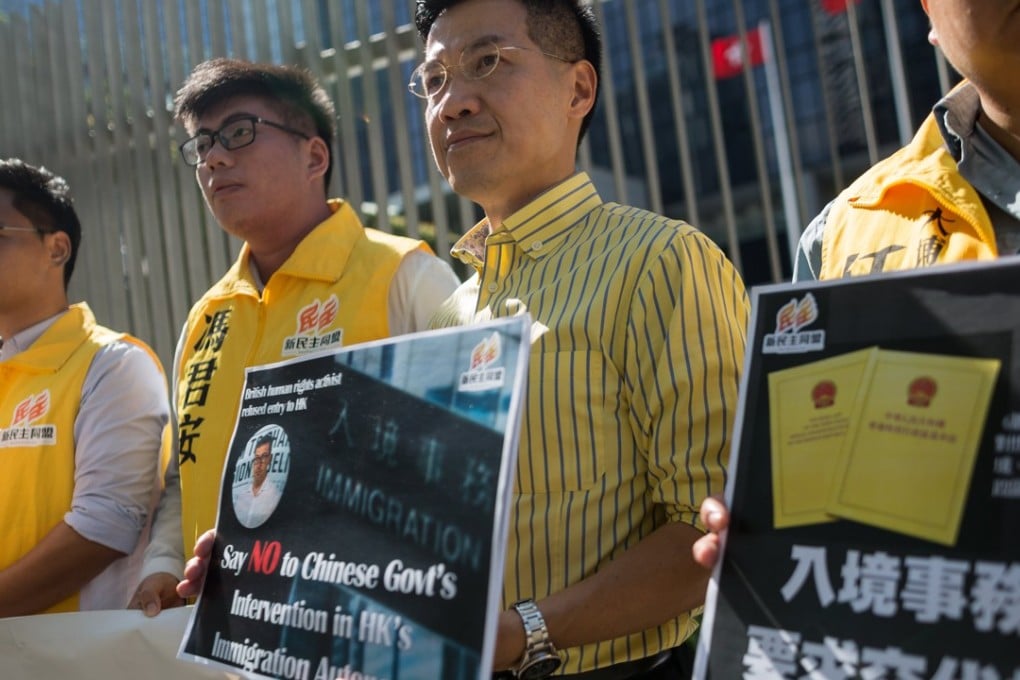Hong Kong’s barring of British activist was a mistake, but it’s not a threat to ‘one country, two systems’
Nicholas Gordon says we should be watchful of real threats to our system, rather than focus on Benedict Rogers’ case, where even if Beijing was involved in denying his entry, it has the right to do so under the Basic Law

One could argue that it might have been better to let Rogers enter, but a misguided decision is not the same as a threat to “one country, two systems”. For those who rightly want to protect Hong Kong’s autonomy, this case threatens to be a “false positive” that can distract us from real threats to the constitutional structure.
In the first place, critics are mischaracterising what they are upset about. By arguing that the denial of entry is an example of China interfering in Hong Kong affairs, critics imply that the origin of the decision is what matters, not the decision itself. Thus, if it turns out that Hong Kong blocked him entirely on its own authority, everything would be fine. But this would surely also have attracted criticism.
Beijing runs Hong Kong’s foreign affairs, says Carrie Lam, after British politician barred from city
Rogers is the deputy chair of the Conservative Party’s human rights commission. He is a political actor and his visit would have involved politics, whether or not he wanted it to. The question of allowing foreign politicians into Hong Kong (whether or not you agree with them) does bleed into “foreign affairs”. In this way, Rogers is different from a writer, a journalist, an artist, an academic, or even an unaffiliated activist seeking to visit Hong Kong.